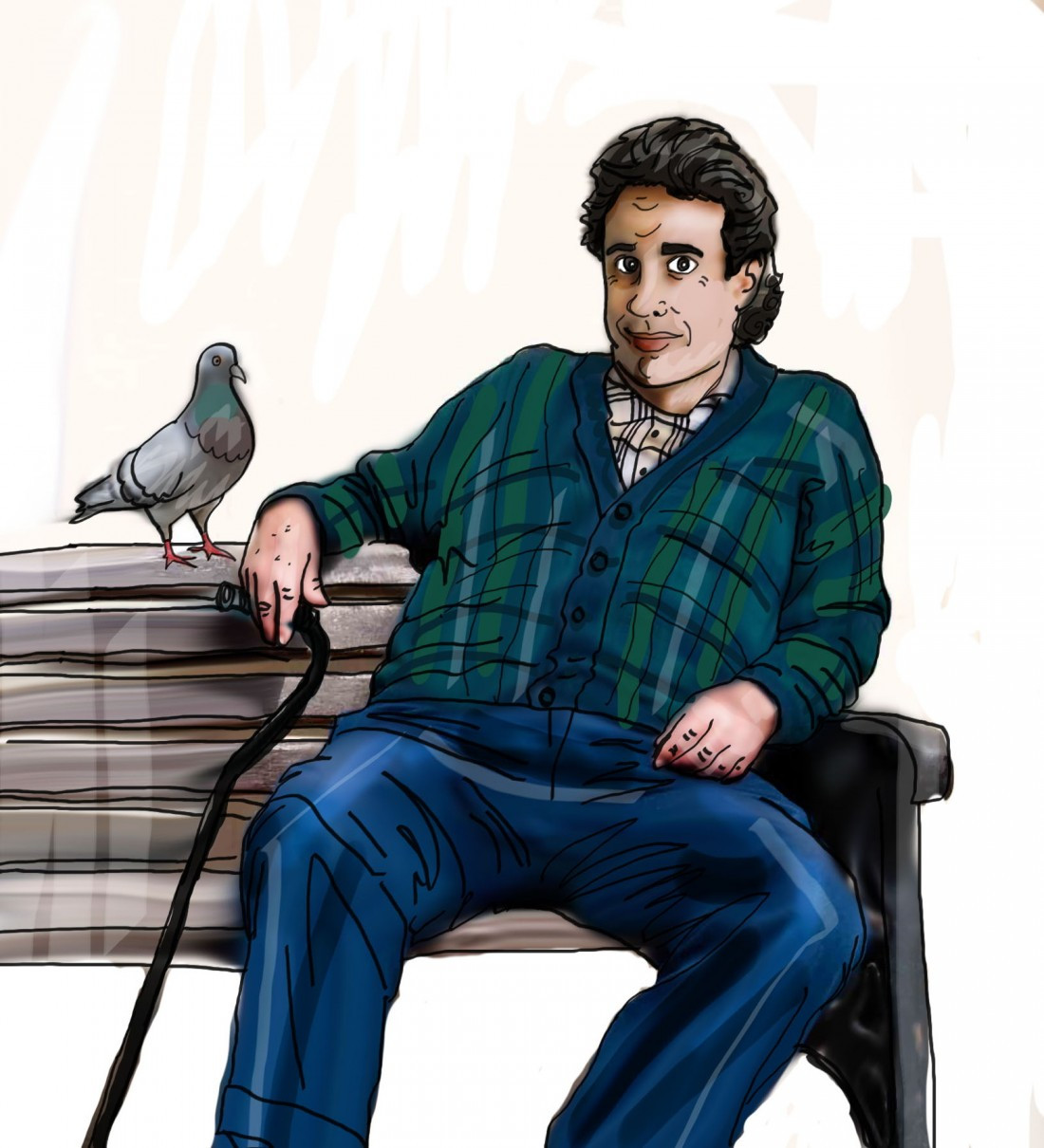SMALL TALK
Political correctness: the white man’s burden
Earlier this year, Jerry Seinfeld was quoted saying that he would no longer perform at colleges, which he believes have become “too politically correct.” This is the sort of comment that effectively cements his burgeoning out-of-touch white guy status. But Seinfeld is just one in a growing sea of voices questioning whether we, as a society, are becoming too “sensitive.”
To that I say: if you count yourself among the group of people who have never felt marginalized by gender-based or racial slurs, well, congratulations, you’re likely a straight, white, cisgender person. It’s essential to understand that it is a privilege to be counted among this group, and that not all – or even, most – people share in this privilege.
Those who complain about political correctness and its many “inconveniences” often belong to the aforementioned privileged group, and, by and large don’t seem to understand that language is inextricable from larger systems of power.
Giving up the use of certain words and the ability to make jokes about marginalized people is not oppressive. Giving others access to the same rights (to safety, to freedom of expression) that you’ve always held is not oppressive.
Jacques Derrida, the French father of Deconstruction, writes that all words contain traces – traces of other words, either similar or different, and the symbols associated with those words. Each word also contains within it a history: a timeline consisting of how this word has been wielded, by whom, and in what context.
This is why it matters when Benedict Cumberbatch accidentally uses the term “coloured” when referencing Black people. That word in particular invokes a history of colonial oppression, racial hierarchy and the long shadow of slavery. Our actions do not exist in a vacuum. We are not exempt from, and can’t remove ourselves from, larger systems of power and oppression.
Some people on the margins of society have started movements to transform these storied words into empowering ones – notably the use of “queer” by the LGBTTQIA* community, who like it for the ambiguous freedom it suggests and for the excess it can’t contain.
Queer, like the n-word, is powerful precisely because of the provocation and visibility it demands for that community. However, it can still be problematic when co-opted by those outside the movement who have belonged, or whose ancestors belonged, to the history of that community’s oppression.
Now, this sort of nuanced dialogue generally produces a sneering, “so then, what can we say,” response from the Seinfeld camp. The short answer to a very complicated answer is that I don’t know. It isn’t up to me, or to you, to come up with a language of oppression cheat sheet.
What we can do is listen and pay attention to the context surrounding the words we use. We can ask questions. There is no shame in asking someone what pronouns they prefer or how they would like to be identified.
We can educate ourselves through our peers, community resources, and the big wide web, while doing well to remember that it is not the responsibility of minority groups to educate us about their oppression.
It all boils down to whether we value the feelings of others more than the small inconvenience of modifying our vocabularies. It does, in the end, require of us to be empowered in our sensitivity.
Dunja is a writer and student at the University of Winnipeg who works in community health. She co-publishes Dear Journal, which features the work of (cis/trans) women and non-binary individuals.
Published in Volume 70, Number 8 of The Uniter (October 29, 2015)







